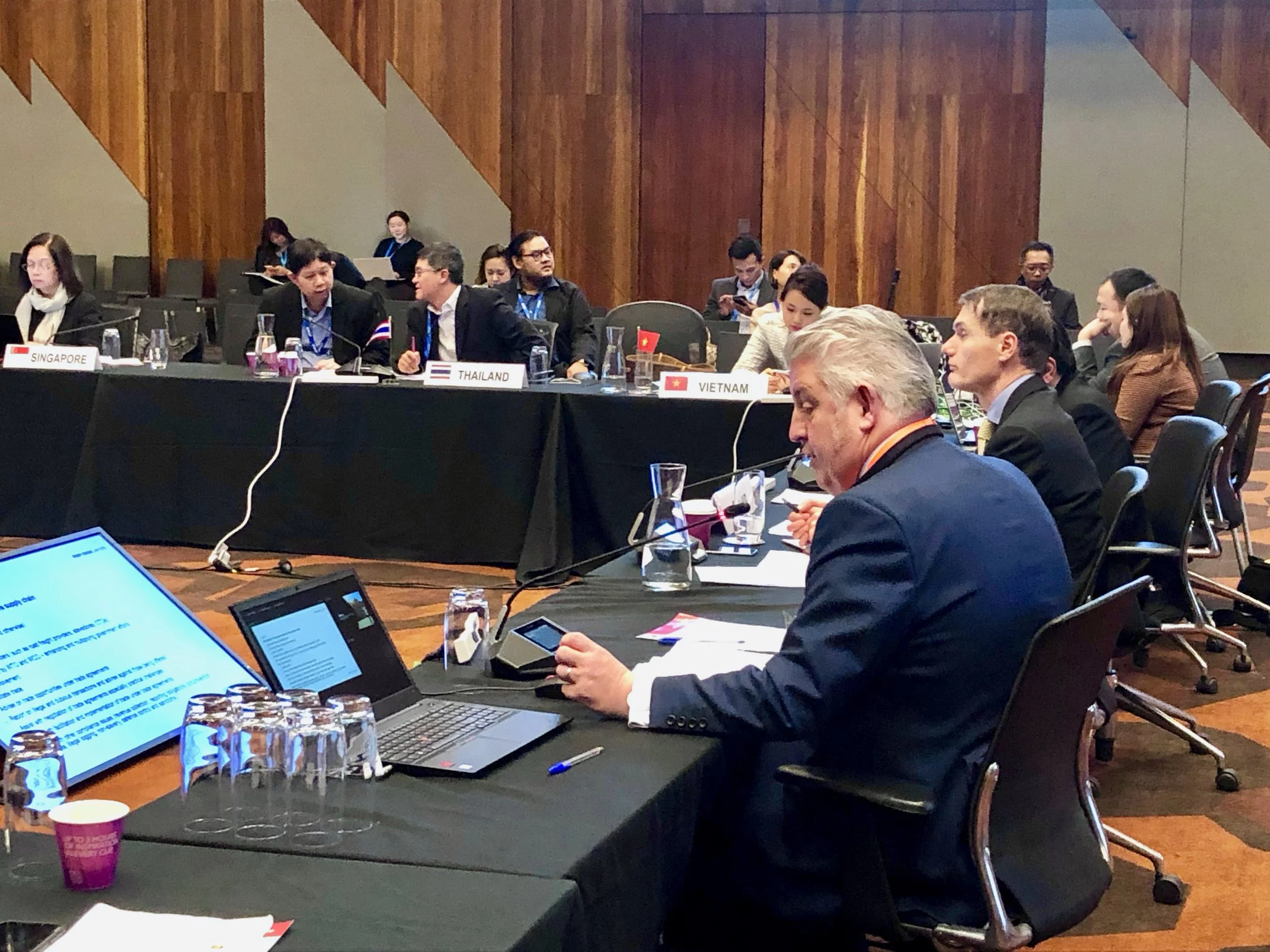Missing from all this cooperation, however, has been a mechanism to integrate the whole of Asia together in a meaningful way. RCEP provides this template. “Substantial conclusion” will not mean that people will be eagerly reviewing the texts and schedules on November 5. There are two reasons for a delay in seeing the contents. First, officials have been frantically switching, dropping and including provisions over the past few weeks in the sprint to the finish line. Most of these elements have been under discussion for years. RCEP officials started working on the deal at the end of 2012. However, in the final push to get an agreement done, sensitive items actually have to get addressed and dealt with one way or another. To ensure consistency across the document, the lawyers will need to carefully review the entire deal from start to finish. The need for a careful legal scrub is not unique to RCEP. Most trade agreements require something similar and ought to be welcomed by all. The worst outcome would be to have a deal riddled with flaws that need correction later.
RCEP: Still a Work in Progress
This was supposed to be the year that the Regional Comprehensive Economic Partnership (RCEP) trade negotiations finally wrapped up. Once again, it will not happen. The 16 parties involved (Australia, Brunei, Cambodia, China, India, Indonesia, Japan, Laos, Malaysia, Myanmar, New Zealand, Philippines, Singapore, South Korea, Thailand, and Vietnam) have been talking since early 2013. After 24 formal rounds, at least 9 ministerials, multiple informal meetings, and annual leader’s meetings, RCEP remains a work in progress. Why is it taking so long to get an agreement? The short answer is two-fold—a lack of sufficient political will and serious technical challenges in bridging the gaps between widely different member states. The lack of political will seems surprising to many outsiders. After all, at a time of rising global trade tensions, surely this is the best time to lock down an agreement in Asia to keep trade lanes open for mostly export-dependent trading states?


